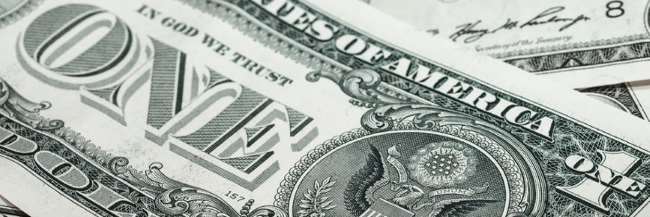
Payroll Loans vs Personal Loans: Which Is Best for You?
Have you ever been in an emergency situation that requires you to access funds immediately but you have little or no money in your bank account? What can you do to raise the money you need in such a situation?
Payroll loans and personal loan are two common solutions to such incidences. They present different approaches in terms of loan period, loan size, qualifications, and cost.
Once you understand the difference between payroll loans and personal loans, then you can decide which is best for you.
Personal Loans
Personal loans are consumer loans given by banks for household, family or personal use. These loans are unsecured since the bank won’t demand collateral. In the event you default, the bank isn’t in a position to seize your assets.
Personal loans take a couple of days to process. You must provide the bank with documents such as tax returns, pay stubs, bank accounts, and so on. The bank also assesses your credit score, wealth, expenses, and income among other factors.
Personal loans have interest rates lower than 10 percent. Since this interest rate is lower than that that for credit cards, you can use a personal loan to consolidate the debt on your credit card.
This way, you’ll be in a position to clear your debt faster.
However, some credit cards may have a lower interest than personal loans. This is determined by your credit card score. If you’re looking for extra fund to make huge purchases, you better opt for a credit card that gives a zero percent initial APR on purchases for a defined period of time.
The bank must evaluate all the documents you provided them, and this might translate to a longer approval process
Payroll Loans
These are short-term loans that you’re expected to repay on your next payday. You can bridge your temporary cash problem using these loans. Like personal bank loans, you don’t need collateral.
You also don’t need a good credit rating. The lender will assess your bank account, your employment details and income to set an introductory credit limit.
With a payroll loan, you can borrow a small amount of money. You also do not need credit history for your loan request to be approved.
However, it has very high interest rates. You might end up paying much more in interest rates than what the original amount borrowed was worth.
Payday loans can be borrowed in sequence and this can give you the urge to get additional loans from the same lender. You’ll end up trapped in a cycle of loans.
Payroll Loans vs Personal Loans: Which Is Best for You?
Personal loans are generally cheaper than payroll loans. A good credit score makes it easy to qualify for a personal loan. But if you have a low credit score, the bank may deny you a loan facility or request for a co-signer.
In some cases, you may end up being asked to pay high interest rates. With payroll loans, your loan amount can increase quickly, especially if you renew it.
All the above factors considered, a personal loan is best for you.
Contact us to learn more about these two types of loans.
